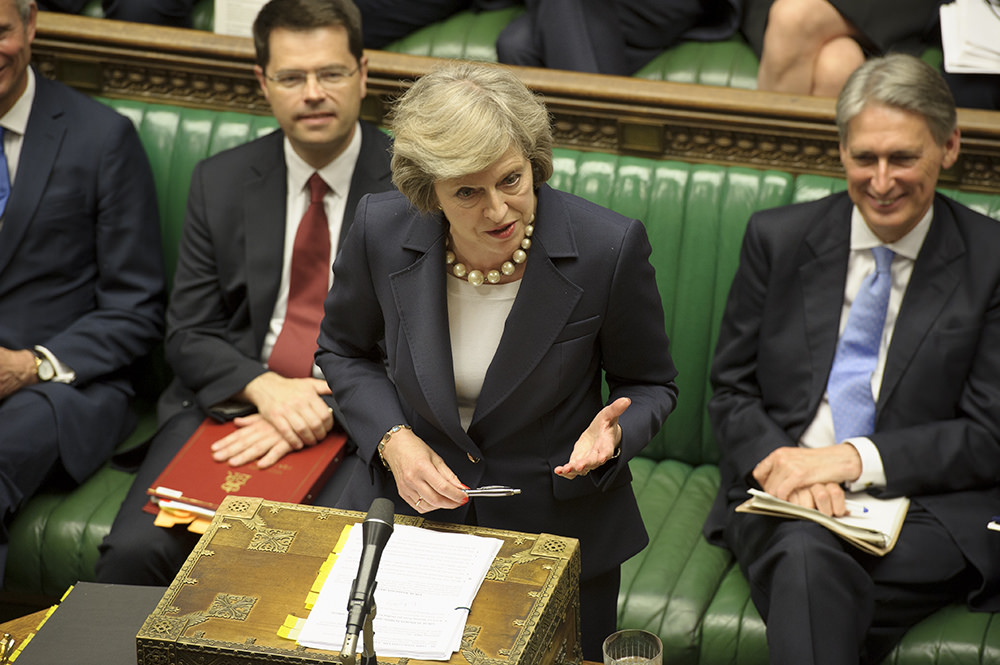The prime minister announced that after Brexit the UK will let in fewer low-skilled foreign workers and give no preference to EU citizens.
What it means: A couple of weeks back, we mentioned that the Migration Advisory Committee (MAC) had made a report for the UK government telling them that they should let in more highly skilled immigrants but tell everyone else to shove off. Theresa May has now said that sounds like a smashing idea and she’s going to make it government policy
If her plans go through, there will no longer be free movement (where people can live and work here as they please) between us and the rest of the EU. Highly-qualified foreigners (and students) will be welcomed, but will have to earn over £30,000 a year. May reckons that’ll stop employers preferring foreigners to locals (the average British salary is £27,200). Low-skilled EU citizens who already live here will be allowed to stay.
Many businesses in industries that employ lots of low-skilled migrants, like farming and hospitality, are complaining that they’ll no longer be able to get the staff they need. But as MAC’s report found that low-skilled migrants push down the wages of low-skilled locals, having fewer of them around might give some people a pay boost. And the British population, 71 percent of whom want fewer migrants, are likely to be happy about May’s plans.
There is one small niggle though. May hasn’t yet managed to sort out a Brexit deal with the EU, who are still pretty keen on free movement for their citizens and might make a deal dependent on it. Of course, Britain could Brexit without a deal, and just cross its fingers that everyone who said this would be a huge economic disaster didn’t know what they were talking about.

